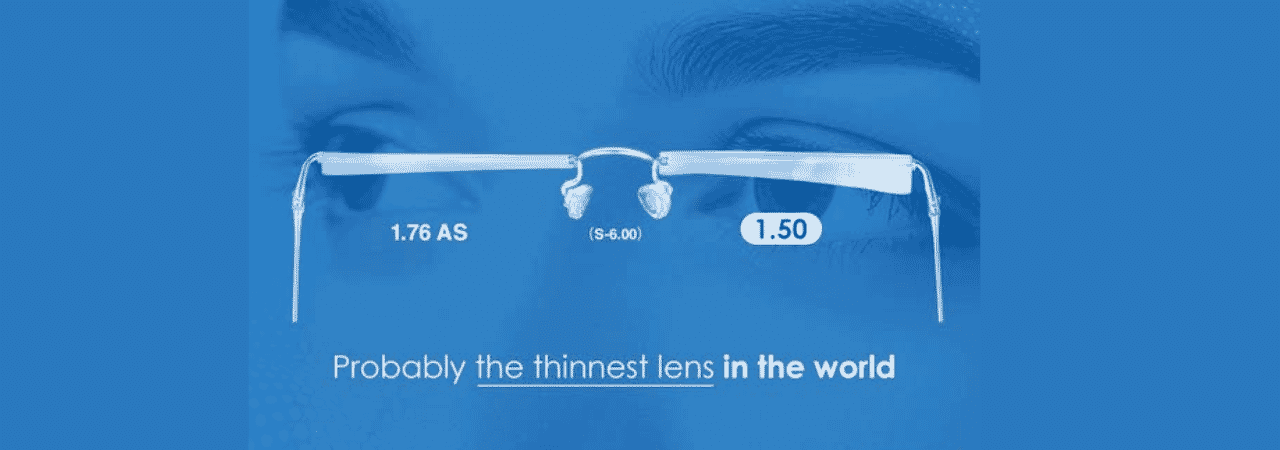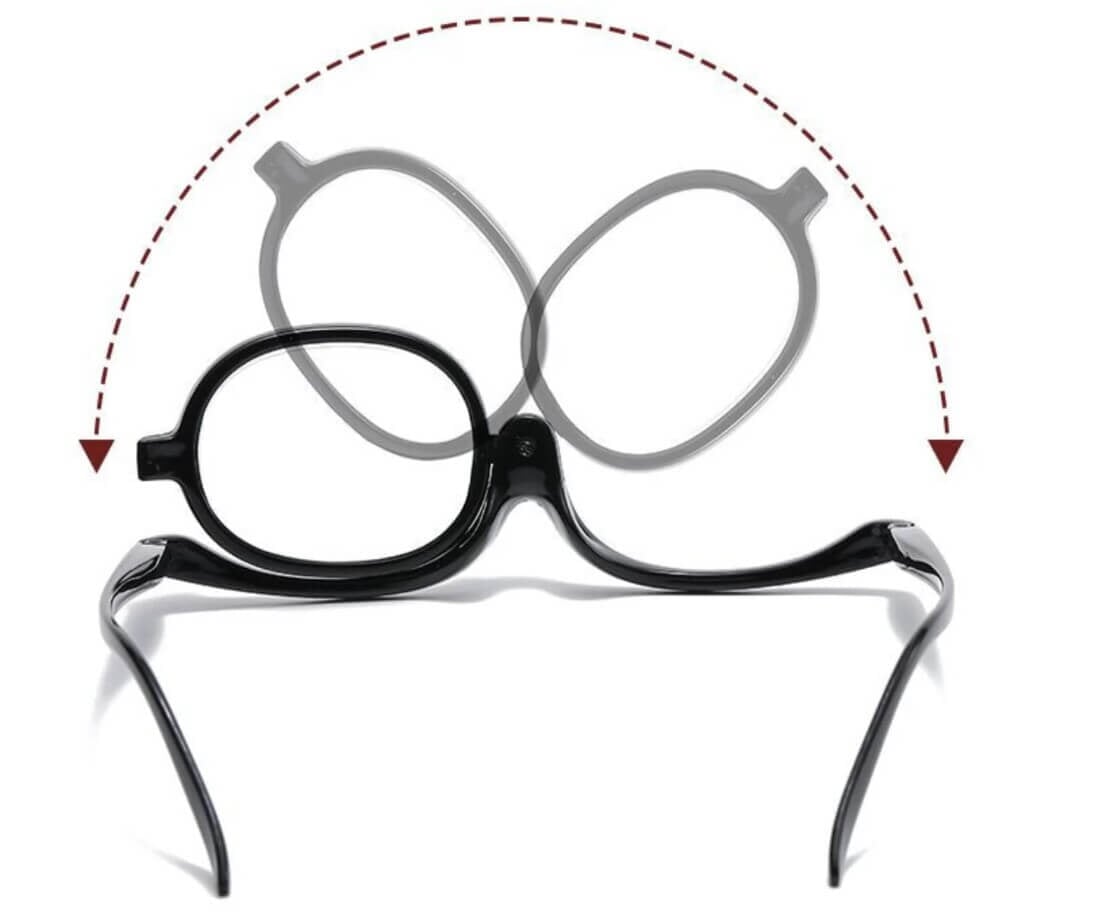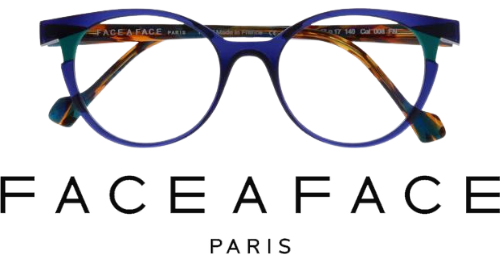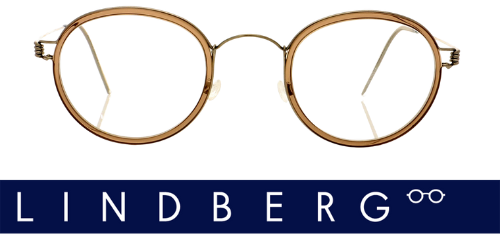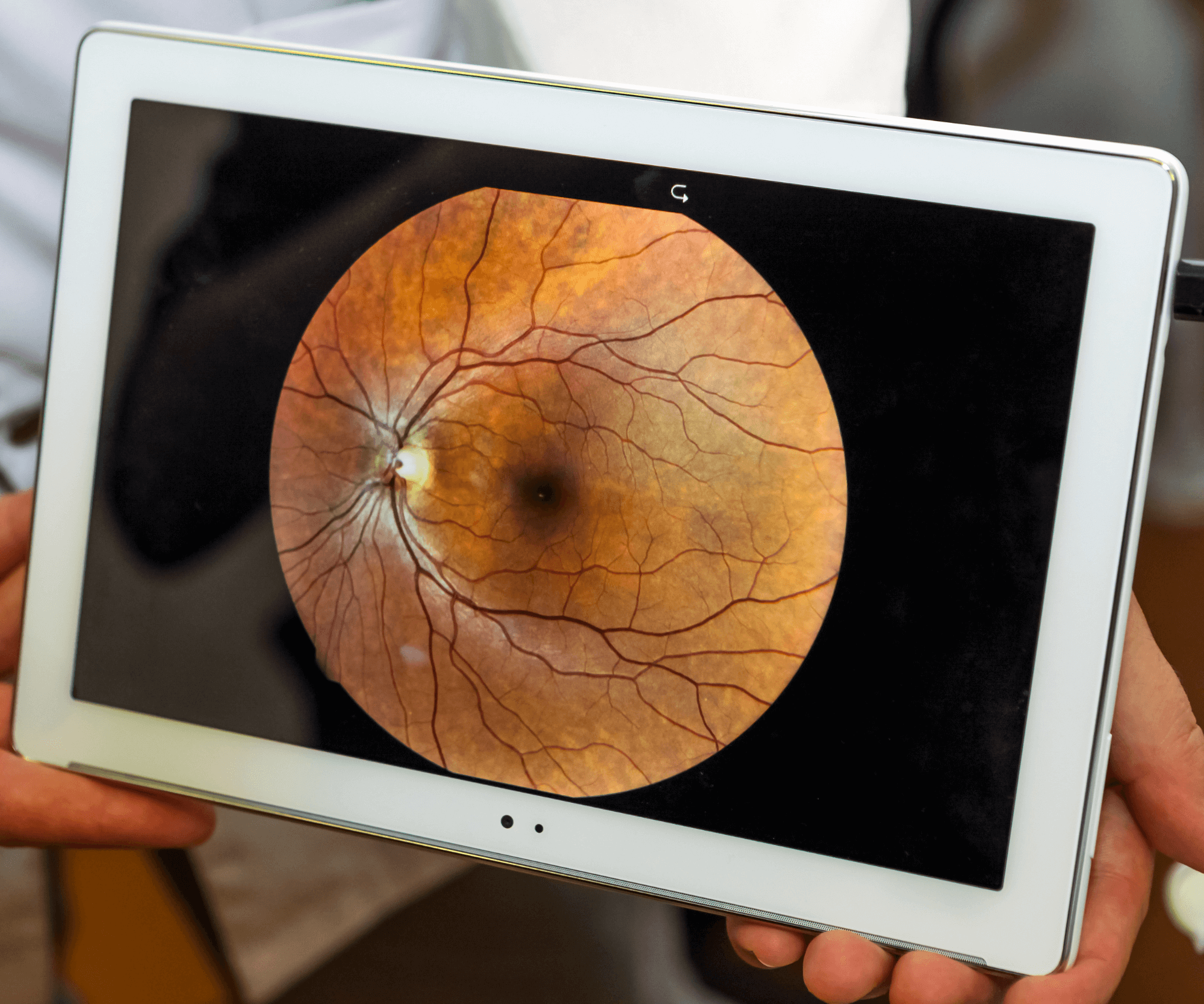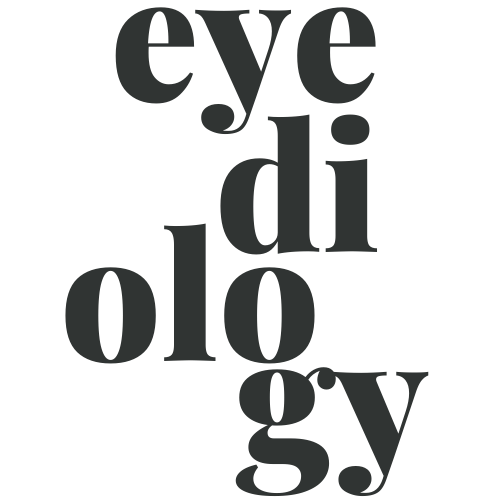A Holistic Approach to Eye Health
In our fast-paced, tech-driven world, maintaining a healthy lifestyle can seem like a daunting task. However, embracing a holistic approach to health can make it more manageable, enjoyable, and effective. By focusing on key elements such as sleep, circadian rhythm, diet, and exercise, we can significantly improve not only our overall wellness but also our vision. Yes, you read that right—your eyes are not just windows to the world; they’re windows to your health.
Let’s start with sleep and circadian rhythms. Sleep is more than just a nightly ritual; it is a foundational pillar of health. Consistent, quality sleep helps regulate our circadian rhythms, the natural cycles that tell our bodies when to sleep, wake, and eat. Disruptions to these rhythms can lead to a host of issues, including eye strain and fatigue. Ensuring you get enough sleep—ideally 7-9 hours per night—can help maintain optimal eye health and improve your overall well-being.
Next up is diet. What you eat has a profound impact on your health, including your vision. A nutrient-rich diet full of leafy greens, colorful fruits, and omega-3 fatty acids can help nourish your eyes. Vitamins like A, C, and E, along with minerals such as zinc, are particularly beneficial for vision. These nutrients support the health of the retina and may help prevent age-related eye conditions. Hydration is also key; staying well-hydrated helps maintain the moisture balance in your eyes, reducing the risk of dry eye syndrome.
Exercise is another crucial component of a holistic health regimen. Regular physical activity not only strengthens your heart and muscles but also supports your eyes. Exercise improves blood circulation, which in turn ensures that your eyes receive ample oxygen and nutrients. Additionally, an active lifestyle can help manage conditions like diabetes and high blood pressure, which are known to affect vision.
Interestingly, your eyes can also provide insights into your overall health. Modern imaging techniques and scans can detect early signs of systemic health issues. For instance, an eye exam can reveal indications of diabetes, hypertension, and even certain neurological conditions. By paying attention to these signs, healthcare providers can intervene early, potentially preventing more serious health problems down the road.
In conclusion, a holistic approach to health that includes prioritising sleep, maintaining a balanced diet, and engaging in regular exercise offers a multifaceted way to improve not just your vision but your entire well-being. Your eyes are more than just a means to see the world; they’re a reflection of your internal health. So, take care of your body, and your eyes will thank you for it.





